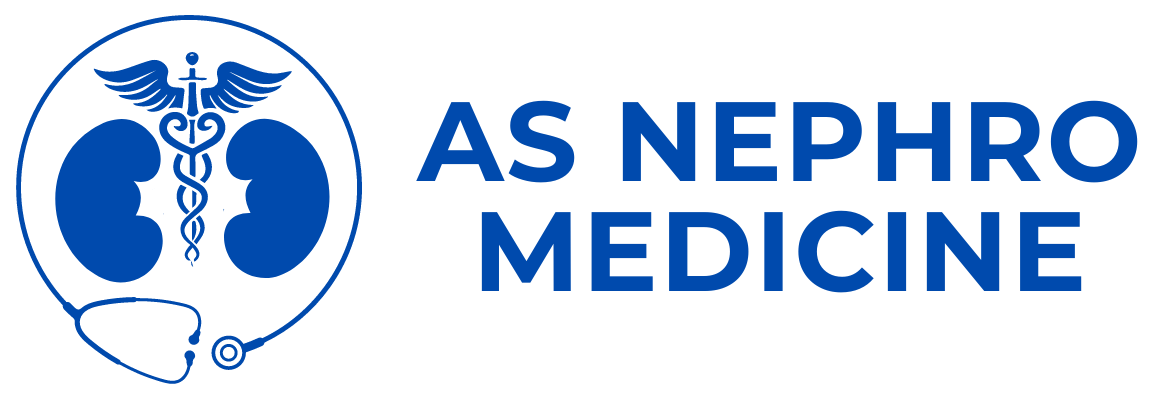Chronic Kidney Disease (CKD) is a long-term condition where the kidneys gradually lose function over time. It is a serious health issue that can lead to kidney failure if not managed properly. Understanding CKD, its causes, symptoms, and management strategies is crucial for those affected and their families.
What is Chronic Kidney Disease?
CKD is characterized by a gradual loss of kidney function over months or years. The kidneys play a vital role in filtering waste and excess fluids from the blood, which are then excreted in the urine. When the kidneys are damaged, waste products and fluids can build up in the body, leading to various health problems.
Causes of CKD
Several factors can contribute to the development of CKD, including:
- Diabetes: High blood sugar levels can damage the kidneys over time.
- High Blood Pressure: Increased pressure can damage blood vessels in the kidneys.
- Glomerulonephritis: Inflammation of the kidney’s filtering units.
- Polycystic Kidney Disease: A genetic disorder causing cysts in the kidneys.
- Prolonged obstruction of the urinary tract: Conditions like kidney stones or an enlarged prostate can block urine flow.
- Recurrent Kidney Infections: Frequent infections can lead to kidney damage.
Symptoms of CKD
CKD often has no symptoms in its early stages. As the disease progresses, symptoms may include:
- Fatigue and weakness
- Swelling in the feet and ankles
- Shortness of breath
- Nausea and vomiting
- Confusion or difficulty concentrating
- Persistent itching
- Chest pain if fluid builds up around the heart
- Muscle cramps and twitching
Stages of CKD
CKD is classified into five stages based on the glomerular filtration rate (GFR), which measures how well the kidneys are filtering blood:
- Stage 1: Kidney damage with normal GFR (90 or above)
- Stage 2: Kidney damage with mild decrease in GFR (60-89)
- Stage 3: Moderate decrease in GFR (30-59)
- Stage 4: Severe decrease in GFR (15-29)
- Stage 5: Kidney failure (GFR less than 15)
Managing CKD
While CKD cannot be cured, its progression can be slowed with appropriate management. Key strategies include:
- Blood Pressure Control: Keeping blood pressure within target ranges can reduce kidney damage.
- Blood Sugar Management: For diabetics, maintaining blood sugar levels can prevent further kidney damage.
- Dietary Changes: Reducing salt, protein, and potassium intake can ease the kidneys’ workload.
- Medications: ACE inhibitors and ARBs can protect kidney function.
- Regular Monitoring: Frequent check-ups and blood tests to monitor kidney function.
- Lifestyle Changes: Quitting smoking, exercising regularly, and maintaining a healthy weight.
Living with CKD
Living with CKD requires adjustments and proactive health management. Patients should work closely with their healthcare team to develop a personalized treatment plan. Support groups and counseling can also be beneficial for emotional support and sharing experiences with others facing similar challenges.

Hi, this is a comment.
To get started with moderating, editing, and deleting comments, please visit the Comments screen in the dashboard.
Commenter avatars come from Gravatar.